This issue covers:
- The hidden dangers behind electrical appliance recalls
- India sets out electronic product standards
- DO4000: Keeping rail resistance measurement and testing on track
- Customs seizure vindicates international co-operation call
- Appliance manufacturer’s safety alert
- New facility has the measure of success
- HAE guidance on electrical safety sent to members
The hidden dangers behind electrical appliance recalls
Millions of potentially dangerous recalled electrical products are thought to remain in UK homes due to a worryingly low recall success rate, the Electrical Safety Council (ESC) has warned
The charity found that the average success rate is just 10-20%. With 266 electrical product recalls in the last six years and manufacturers often producing hundreds of thousands of units, there are likely to be millions of dangerous products threatening safety every day.
New ESC research shows that consumer indifference and an underestimation of danger are big factors in ineffective product recall. Nearly two million adults have knowingly ignored a recall notice before, with a further one million admitting to currently owning an electrical item that has been recalled. Many consumers would jeopardise their safety if sending back a recalled product was too inconvenient or meant going without a luxury item such as a television or hair straighteners.
This low perception of danger contrasts with the reality – recalled products have been known to cause severe injury and deaths, and the majority of recalls last year for household appliances were because the items were at risk of catching fire or causing electrocution.
Emma Apter from the Electrical Safety Council said: “We know that returning a recalled product is not always convenient, especially if it’s an item that you use every day, but recall notices are issued to keep consumers safe. The small inconvenience of returning a recalled item is worth it when you consider that faulty products can electrocute or cause a fire.
“We firmly believe that there is more that retailers and manufacturers can do to help ensure customers are aware when a product has been recalled, and what to do if they need to return an item”.
The ESC is launching an online tool that will allow users to quickly and easily discover if they own an electrical product that has been recalled.
More details at www.esc.org.uk
India sets out electronic product standards
In an effort to protect consumers from potentially unsafe gray market products, India has imposed new certification requirements on a range of electronic products that become effective April 3, 2013.
Under regulations issued by the Indian Department of Electronics and Information Technology, fifteen types of electronic products will be required to comply with applicable Indian safety standards and mandatory registration before they can be legally imported, distributed or sold in India.
The affected products include laptop, notebook and tablet computers; visual display units; LCD/Plasma and LED televisions; printers, plotters and scanners; wireless keyboards, microwave ovens; set top boxes and a range of other electrical and electronic equipment.
A second phase of the testing and registration requirement is expected to include mobile phones and other categories of electronic devices.
The market for electronic products in India is projected to reach $158 billion in annual sales by 2015, according to the Electronics Industries Associations of India.
The Indian Department of Electronics and Information Technology has published an extensive “Frequently Asked Questions” document in connection with the new testing and registration requirements.
More details at www.deity.gov.in.
DO4000: Keeping rail resistance measurement and testing on track
Accurate low resistance measurement and improved quality control during rail track maintenance programmes is provided by the Cropico DO4000 range of high performance, digital milliohmmeters.
The portable and rugged instrument includes a number of advanced features to ensure measurement accuracy and is suitable for track joint resistance testing and checking the accuracy of power distribution joints. It can also be used as part of a signal maintenance and refurbishment schedule, notably for the quick and accurate checking of signal wire integrity.
The DO4000 enables forward and reverse current measurement with auto averaging, true current zero, long scale length and a selectable measurement range from 40mΩ to 4kΩ with respective resolutions between 10uΩ and 1Ω.
Within the range, model 4001 also includes temperature compensation, with preset coefficients for copper and aluminium plus user settable coefficients for other materials. Temperature measurement over the range –50 to +800ºC is also available.
Protection up to 415V rms is provided at the measurement terminals and push button operation is achieved easily by clearly marked function controls. Direct reading measured values are displayed on a four-digit LCD display.
Over range and low battery indication is also provided and warning LEDs illuminate when an open circuit lead condition is detected. The 4000 series can be supplied with [long leads to allow for accurate measurement of large blades] and a rechargeable battery option includes a battery pack, docking station and charger.
More more about the DO4000 handheld digital microhmmeter.
Customs seizure vindicates international co-operation call
French customs authorities have halted an international counterfeit supply route and prevented many potential injuries by seizing 122,000 dangerous counterfeit cables. The seizures were made across three locations and were triggered by the discovery of 15,700 counterfeit electrical cable reels in a discount store in Vendee.
The news lends further weight to the UK industry’s opinion that an international effort is important to effectively combat the trade in counterfeit and non-compliant electrical products to protect the public.
With British, European and International initiatives in place, there is a determination in many parts that the trade in counterfeit and non-compliant goods will be increasingly restricted.
Following further investigation, the rest of the counterfeits were tracked down in two other regions, and the supplier, based in Hong Kong, was also identified.
The French Directorate General of Customs and Excise explained that the cables were made to appear to be copper. However, they were in fact made of an iron alloy and were highly flammable and of poor quality. As a result they would have been highly dangerous to installers and occupiers of buildings as a serious fire risk.
The Directorate emphasised that an international counterfeit network had been broken down, as three men behind the French shell company that sourced the cables were arrested.
The customs operation follows recent close attention from the French building industry on the issue of counterfeit and non-compliant goods, including a dedicated seminar held at the end of 2012.
More at www.counterfeit-kills.co.uk
Appliance manufacturer’s safety alert
Appliances from one of the country’s biggest white goods firms, Beko, are alleged to have caused the deaths of at least 11 people.
The company’s accused of failing to properly warn customers about the risks posed by its fridge-freezers and gas cookers after some of its products caused fires or carbon monoxide poisonings.
Despite being alerted to the ¬potentially deadly problems by fire chiefs, it is claimed delays in the company’s response led to more deaths.
Jill Paterson, a specialist product liability lawyer, said: “It is irresponsible that they appear to be dragging their feet over products that can cause injury and deaths.”
However, Beko insists that it has recalled defective products as quickly as possible but it is now facing a £1.5million legal action by Jennifer Benjamin, who lost her husband in a fire at their home.
A “letter before action” – which warns a trader they are being taken to court – was served on the Turkish-owned company just last week, before a preliminary inquest into the death.
Beko, which sells one in five fridge-freezers and kitchen appliances that are purchased in Britain, was warned by London Fire Brigade in June 2010 that some of its products were a “potential threat to life” after a series of blazes broke out.
Beko has issued a product safety notice at www.beko.co.uk/Pg/ProductSafetyNotices
New facility has the measure of success
A new investment in measurement science has been announced to enhance the capabilities of the UK in developing and applying advanced technologies.
The proposed £25 million Advanced Metrology Laboratory will enhance the UK´s capabilities in quantum technologies, nanotechnologies and innovative materials, building on the National Physical Laboratory´s (NPL) world-leading expertise. It will also facilitate interaction between NPL and industry, universities and other collaborators to help support UK growth through cutting-edge technological development and application.
The new facility at NPL will house an estimated 20 laboratories, for around 40 scientists, specially designed for high precision metrology. The new laboratories will provide a tightly controlled research environment with stable temperature and humidity levels and minimised interference from vibration (direct and acoustic), and electrical and magnetic fields.
The returns to the UK economy from government investment in measurement science are proven to be significant. Net benefits from the Advanced Metrology Laboratory are likely to be in excess of £500 million.
More details at www.npl.co.uk/advanced-metrology-laboratory
HAE guidance on electrical safety sent to members
Close on the heels of the new 4th Edition of the IET Code of Practice for the in service inspection of electrical equipment, comes similar advice for operators in the tool hire sector.
The Hire Association of Europe says that all Association members have been sent, by post, a complimentary copy of the newly published Code of Practice: Guidance on Electrical Safety Testing in the Hire Industry.
This book, launched at the recent Executive Hire Show is the culmination of a year´s worth of research and panel meetings with contributions from members and some key industry bodies including HSE, VOSA, PLASA and IET.
A series of portable appliance testing Q&As have also been included on the HAE’s website to provide further guidance and advice. More details at www.hae.org.uk



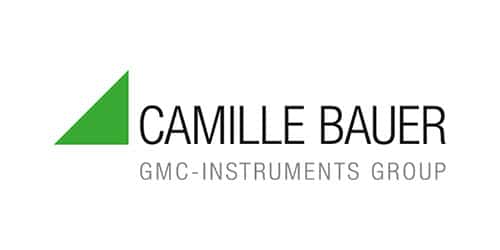

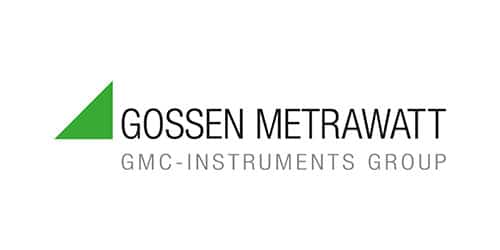
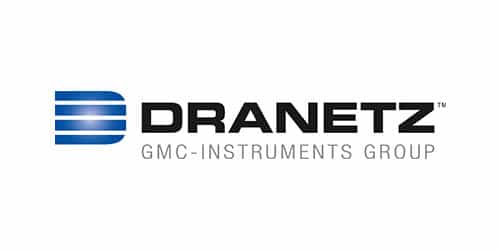
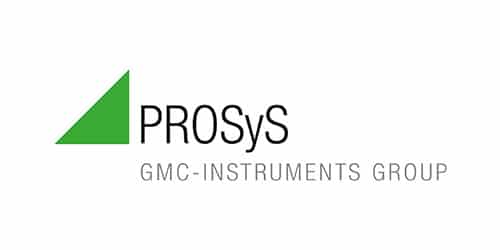
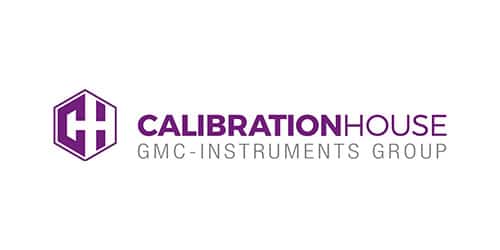
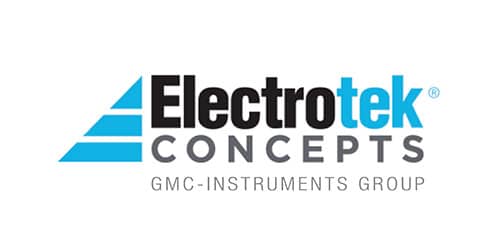
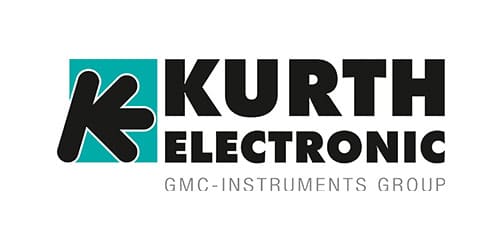
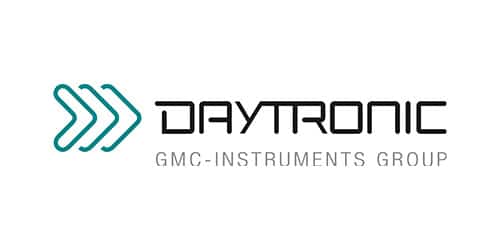
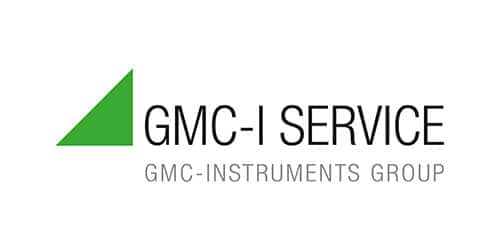
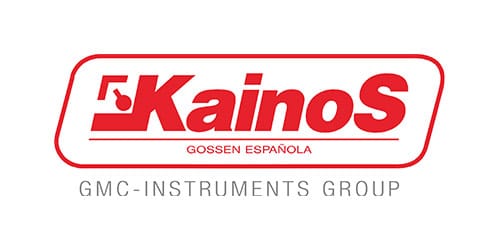
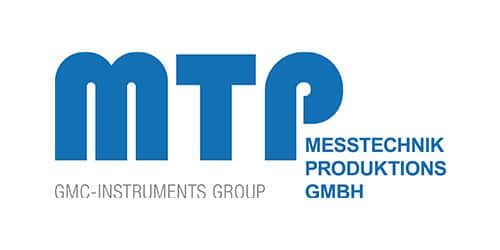
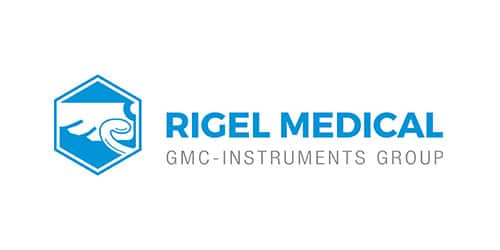
Sign up to our Newsletter.
Stay up to date with the latest industry and product news, as well as our free educational content such as webinars and our expert guides.
Close